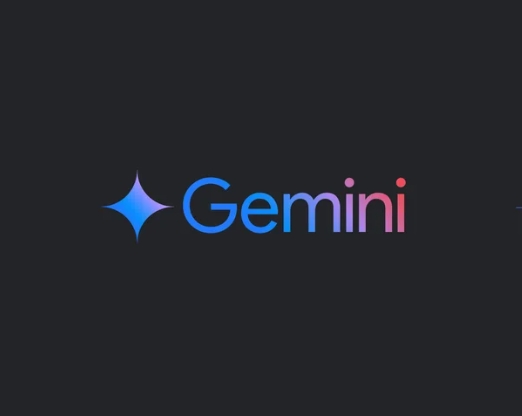Recently, OpenAI applied for a new trademark related to wearable devices such as augmented reality (AR) and virtual reality (VR) headsets and glasses. This move has attracted widespread attention in the industry, possibly indicating that OpenAI intends to expand its presence in the hardware sector.
In recent years, with the rapid development of artificial intelligence technology, the demand for wearable devices in the market has been increasing, especially for glasses-type devices, which are considered ideal carriers for AI technology. Tech giants like Meta, Apple, Samsung, and Google have been increasing their investments in AR/VR hardware, so it is not surprising that OpenAI is launching related trademarks at this time.

Image Source Note: Image generated by AI, image licensed by Midjourney
It is worth mentioning that OpenAI's consumer hardware team has attracted Caitlin Kalinowski, the former head of AR hardware at Meta, who will lead this emerging business. Her addition means that OpenAI will bring a more professional perspective to hardware design and user experience.
Furthermore, OpenAI's collaboration with Apple is deepening. OpenAI has integrated ChatGPT capabilities into Apple's Apple Vision Pro device, allowing users to ask questions directly within the application and receive instant answers, suggestions, and even generate images and text. This seamless AI application experience not only enhances user interactivity but also opens new market opportunities for OpenAI. OpenAI founder and CEO Sam Altman has stated that the Apple Vision Pro is the most impressive technology since the iPhone.
OpenAI's exploration in the AR/VR hardware field marks a new strategic layout in the smart hardware market. This not only enables OpenAI to compete with industry giants but also further promotes the popularization and application of AI technology.










